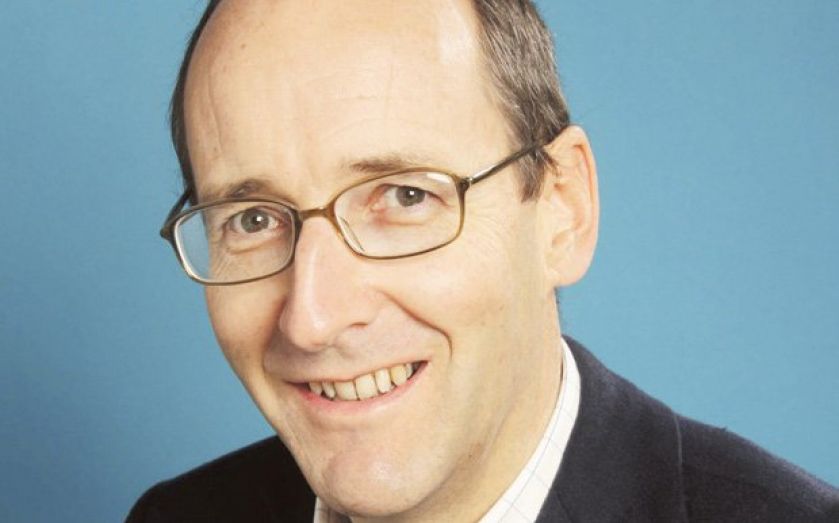Andrew Tyrie warns over bank surcharge ahead of Treasury meeting

The chairman of an influential parliamentary committee has once again slammed the bank surcharge ahead of a meeting between challenger banks and the Treasury tomorrow.
"Millions of consumers and small businesses have been getting a poor deal for decades because of inadequate competition and choice in banking," Andrew Tyrie, who chairs the Treasury Select Committee, said today.
"It is crucial that this surcharge does not act as an impediment to the government’s efforts to increase competition in the sector."
Chancellor George Osborne wants to gradually reduce the bank levy rate over the next six years from 0.21 per cent to 0.1 per cent, while introducing a new tax on the entire sector, affecting a batch of new “challenger banks” that are currently exempt from the charge.
Challenger banks say they offer longer opening hours, more competitive products and customer-centric services to tempt people away from the "Big five" high street banks. But the bank surcharge could make it harder for them to break through.
Read more: Chancellor George Osborne defends bank surcharge at Treasury Select Committee grilling
Tyrie previously said that the bank surcharge could unintentionally reduce banking competition, making it harder for new entrants into the market, something that would damage consumer interests.
Last month City A.M. reported that the treasury committee will publish its own recommendations on the chancellor’s proposal later this year, which may call for the Treasury to revisit the surcharge.
At the time, we also revealed building societies such as Yorkshire Building Society and Skipton are also engaging with the Treasury over what they dubbed the "perverse" surcharge.
But Tyrie today said building societies wouldn't necessarily be unfairly punished by the bank surcharge.
"The surcharge has also been criticised on the grounds that it fails to reflect the unique risks created by the banks and building societies. Building societies, in particular, have argued that they are less risky than big banks and that the new tax disproportionality affects them."
"This may not be the case. As Andrew Bailey [chief executive of the Prudential Regulation Authority] confirmed to the treasury committee in March 2015, these institutions do not necessarily carry less risk than banks. Both banks and building societies create prudential risk."